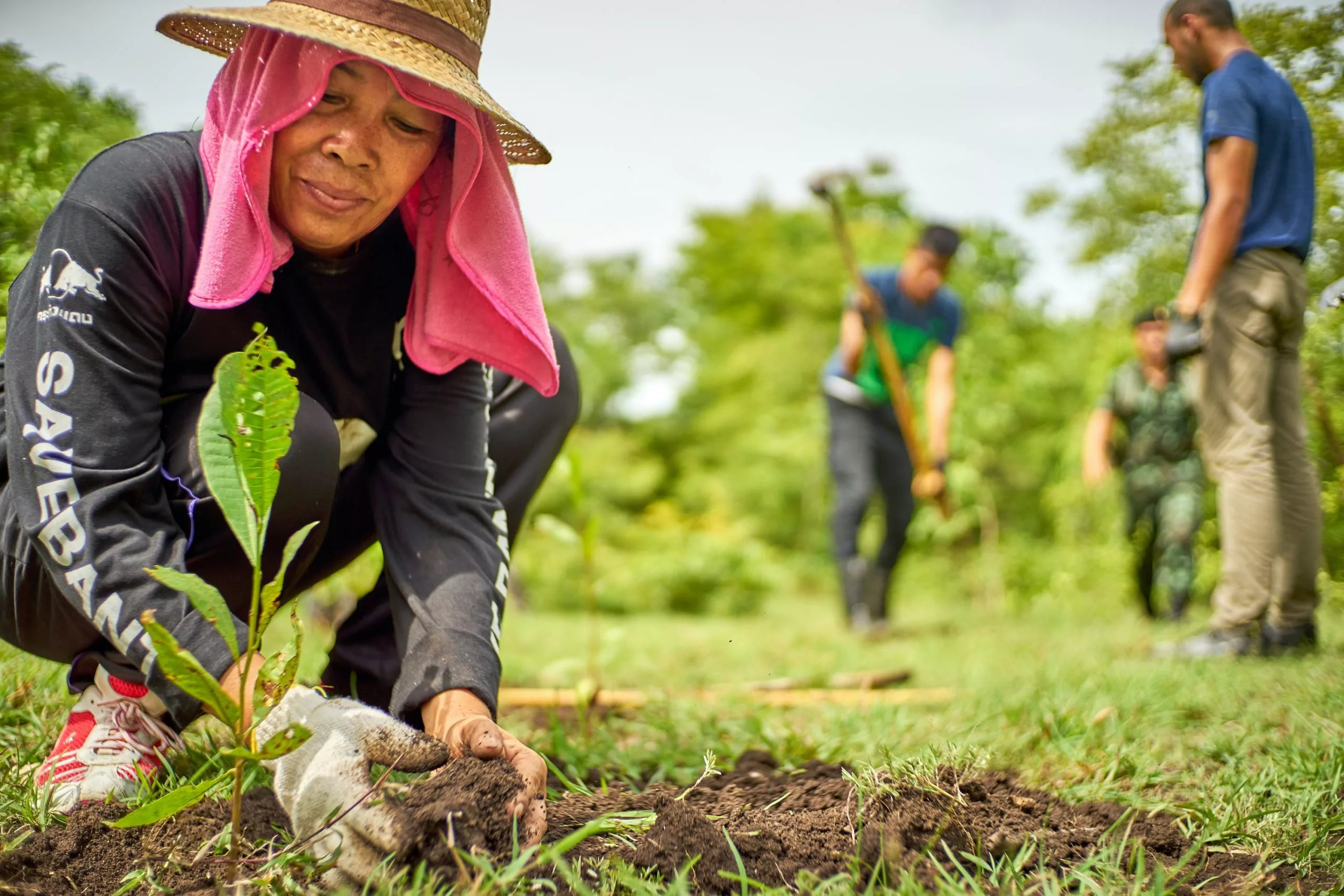Countries globally are fighting COVID-19. What reportedly started off as a novel virus in a wildlife wet market in Wuhan, China, has turned into a global pandemic with almost all countries reporting cases, and millions of people globally having been infected.
As the virus spreads, so too is the need to better understand the virus’ root cause.
Let’s start by looking at the origin of this recent pandemic. COVID-19 has a zoonotic source, meaning it originated in animals, and is now being passed between humans. The SARS outbreak in 2002 also began in China, and is also thought to have originated in animals, likely bats.
Scientists have looked at the relationship between global deforestation and the increase in virus risk. The logic is simple: if we’re removing animals’ natural habitats by deforestation, then these animals have to resettle elsewhere. This forced change in behavior is bringing animals closer to human populations and is subsequently increasing the risk of animals sharing more viruses with humans. This is called ‘virus spillover.’
Deforestation, as well as the exploitation of wildlife through hunting and trade, facilitate close contact between wildlife and humans, increasing the likelihood of zoonotic disease transmission.
Virus spillover, owing to deforestation, is a theory worth paying attention to when we consider the dramatic rate of deforestation globally, despite the well-known impacts that this has on climate change. Between 1990 and 2016, the world lost 1.3 million square kilometers of forest, as reported by the World Bank. To put this into perspective, this is a size greater than South Africa.
In 2014, the New York declaration on forests was signed at the UN, which saw countries agree to halve deforestation by 2020. In fact, the rate of tree cover loss has increased by 43 per cent during that time.
What’s perhaps more startling is the fact that deforestation has worsened during the pandemic, even with many countries issuing ‘stay at home’ orders. For example, in March, deforestation in Brazil reportedly rose by 30 percent compared to the same month 12 months ago, according to INPE, the countries’ space research agency.
Where do we go from here? We already know deforestation has a negative impact on climate change, as well as the wildlife that live and thrive in these forests. However, the act of deforestation is now having a real and tangible impact on human health too through the increased risk of virus spillover. At a country, business and citizen level, we need to unite on the need to protect the forests we have, and where possible, expand restoration and conservation efforts globally.
One of the challenges of scaling back deforestation is accountability.
Even if at a government level deforestation is restricted, this doesn’t stop illegal logging where detrimental forest practices are simply pushed from the new protected area to another part of the same forest. Furthermore, restrictions don’t account for natural impacts that decrease the size of our forests, such as wildfires, which are increasing year-on-year.
We need better monitoring of our forests. Manually checking and measuring tree size by hand is not going to be effective in protecting our forests globally – and as every square footage counts, we need a global solution. That’s why increasingly satellites in space are being used to provide real-time monitoring for what’s happening on the forest floor worldwide – enabling forestry project managers to be able to spot disturbances such as illegal logging or wildfire quickly.
Reforestation isn’t just about preventing the impacts of climate change; it’s about the sustainability of human and animal health too. While this virus is causing devastation and loss of life, we hope there is at least one positive outcome from this difficult period – and that’s the united action on supporting reforestation.






